Latest

An mRNA vaccine for asthma shows promise in mice
Based on the same mRNA vaccine against COVID-19, a new prototype has shown potential to treat asthma, a condition with no known cure.
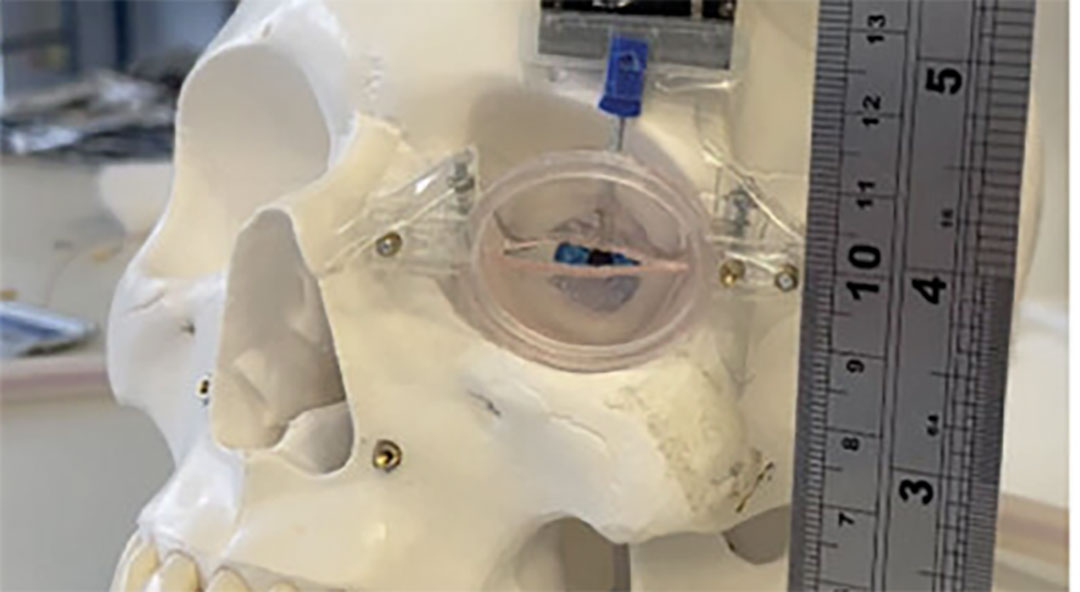
Artificial muscle could help facial paralysis sufferers blink again
A soft implant could avoid multiple surgeries and long waiting times while improving the living conditions of facial paralysis sufferers.

Switching fiber optic cables from round to rectangular shown to enhance data speeds
Rectangular fiber optic cables could increase data transfer rates, benefiting telecommunications and quantum computing advancements.

Speaking multiple languages may benefit children with autism
Study finds that speaking multiple languages may improve executive functioning and reduce autism symptoms in children.
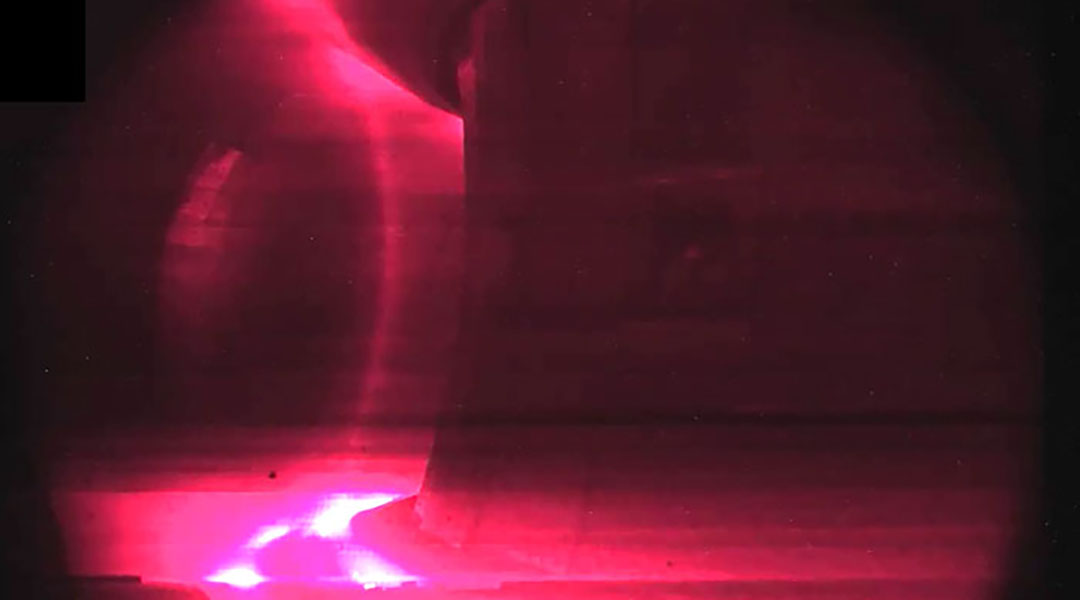
French WEST reactor breaks record in nuclear fusion
Scientists at the WEST tokamak in France set a new plasma duration record, bringing us closer to achieving nuclear fusion for clean energy.
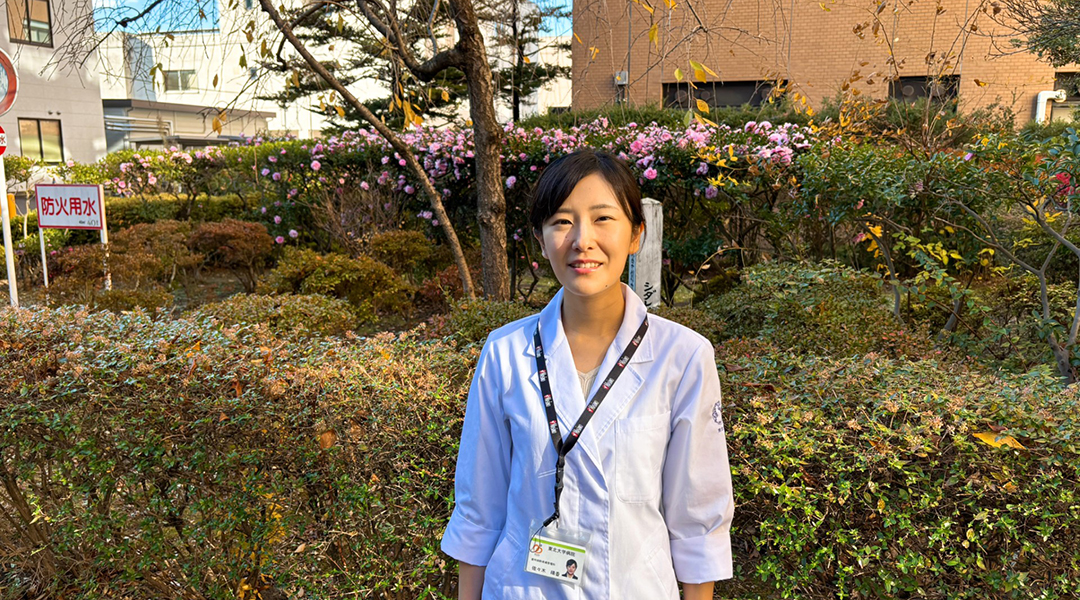
Haruka Sasaki, uncovering the link between melatonin and asthma
Haruka Sasaki is researching how melatonin impacts asthma to create new treatments for life-threatening nocturnal attacks.
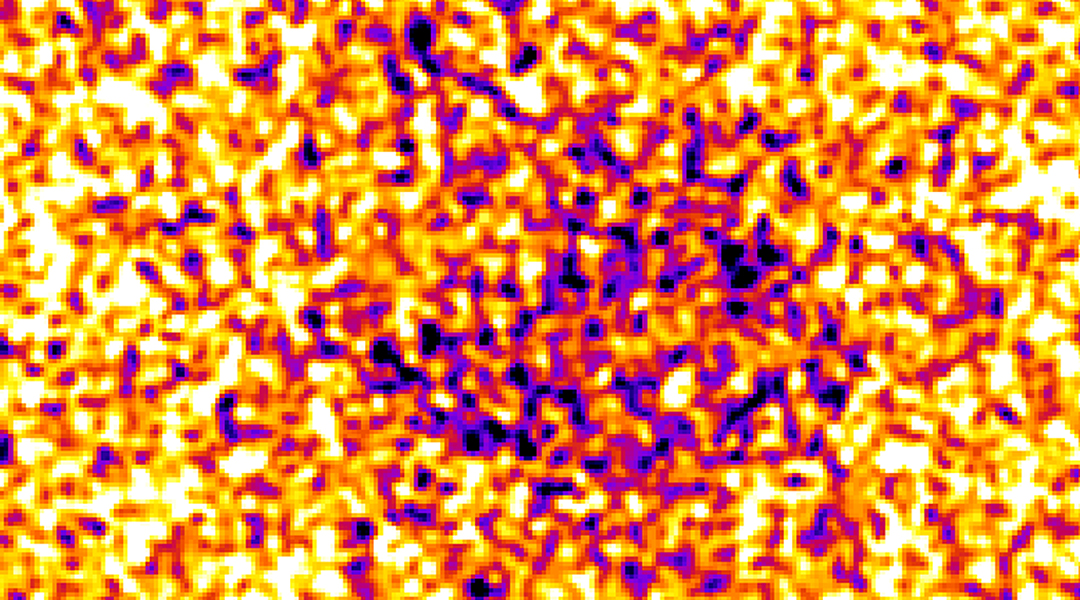
Live imaging of nanoscale biological processes achieved for the first time
Scientists have built a microscope capable of live imaging of biological processes in such detail that moving protein complexes are visible.
ASN Weekly
Sign up for our weekly newsletter and receive the latest science news directly to your inbox.
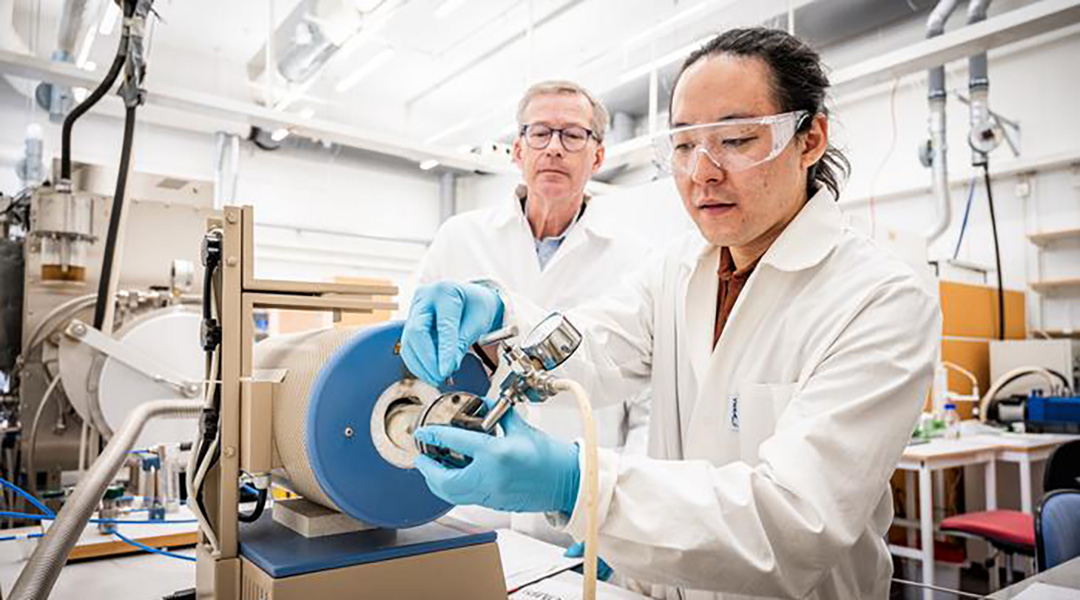
Goldene, graphene’s golden cousin produced for the first time
Scientists have managed to create sheets of gold only a single atom thick using a hundred-year-old Japanese smithing method.
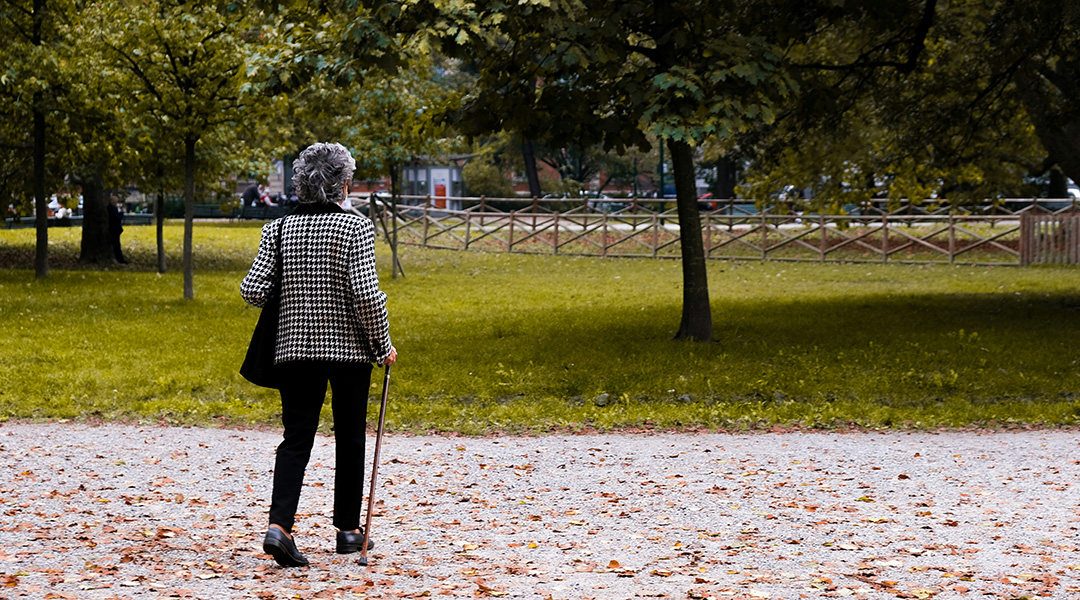
Stronger evidence links sedentary behavior and frailty in old age
Data gathered from hundreds of thousands of individuals finds strong link between sedentary behavior and becoming frail, simple changes can help.
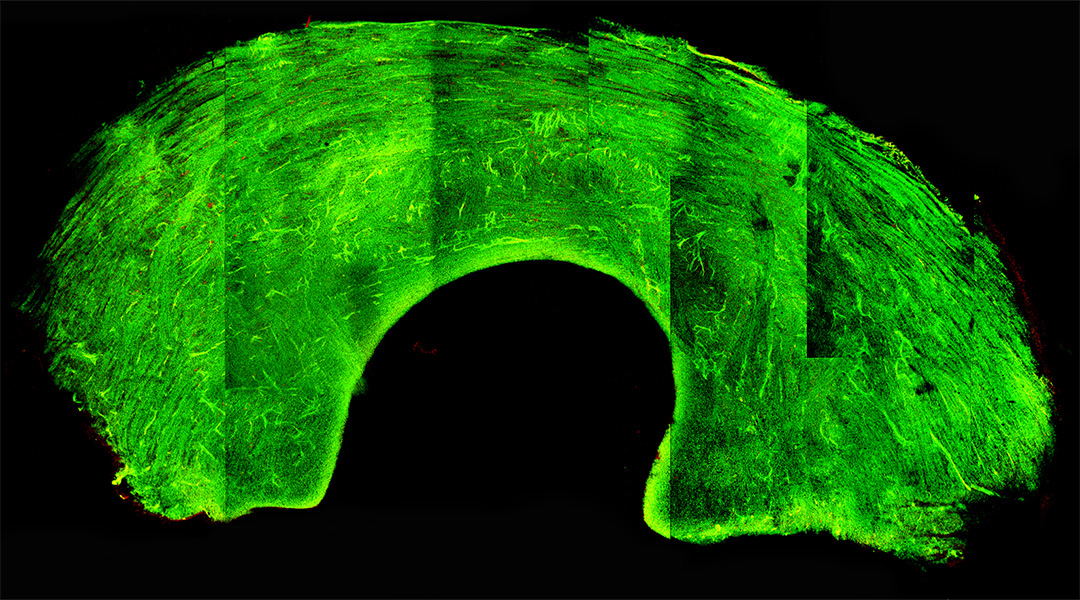
Glass-like knee grafts help address donor shortage
A cryopreservation technique puts graft tissue into a glass-like state, preserving cells and viability during long-term storage.

Fluorine helps make PET plastic waste easier to recycle
Pre-activation of plastics with fluorine-containing molecules disrupts their stability, making them easier to break down and upcycle.

Laser light induces magnetism at room temperature
Scientists create magnetism in a non-magnet at room temperature for the first time, with implications in quantum tech and computer science.
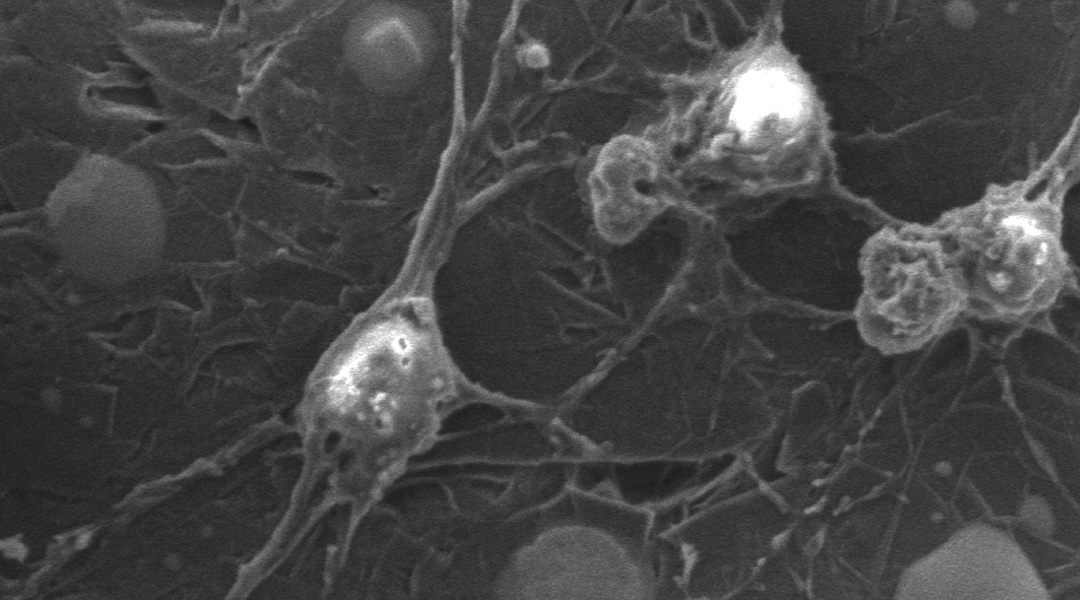
A patch fitted with stem cells helps repair damaged spinal cords
A patch delivers electrical pulses to help support stem cell growth, helping mice recover mobility in their hind legs in preliminary studies.
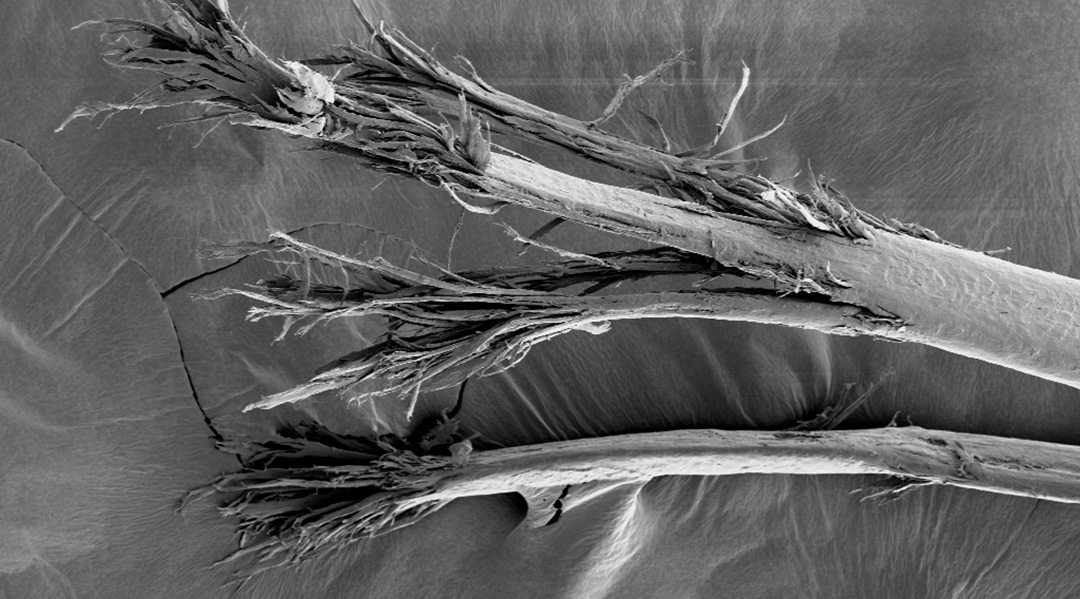
Combing through the science of split ends
Materials scientists are applying biomechanics to understand how split ends contribute to our bad hair days—and what can be done to fix them.
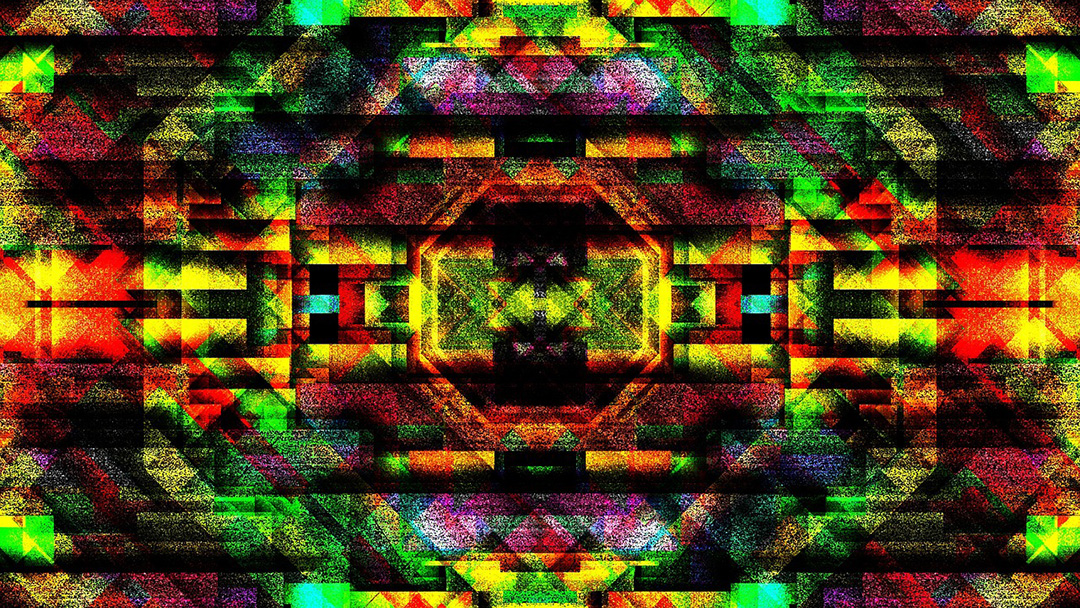
Flaws in a crystal lattice make stable qubits for quantum computers
This is just the beginning, say scientists working on the new technology.
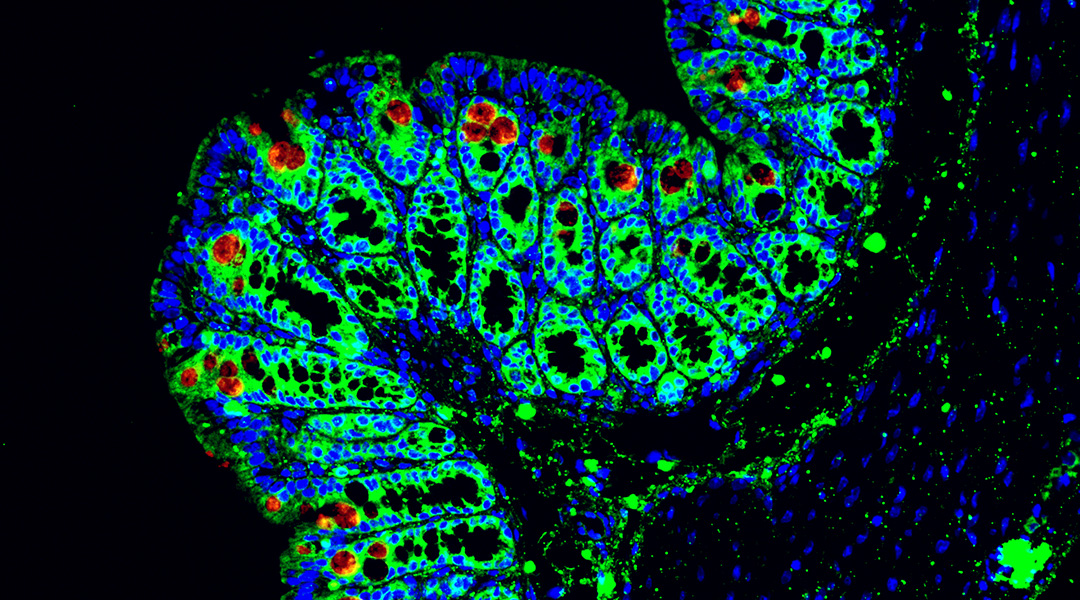
Severe digestive symptoms in glycogen storage disease linked to gut microbiota
Scientists discover interactions between gut bacteria and immune cells that cause inflammatory bowel disease in glycogen storage disease.
No Results Found
The page you requested could not be found. Try refining your search, or use the navigation above to locate the post.
No Results Found
The page you requested could not be found. Try refining your search, or use the navigation above to locate the post.
No Results Found
The page you requested could not be found. Try refining your search, or use the navigation above to locate the post.
No Results Found
The page you requested could not be found. Try refining your search, or use the navigation above to locate the post.
No Results Found
The page you requested could not be found. Try refining your search, or use the navigation above to locate the post.
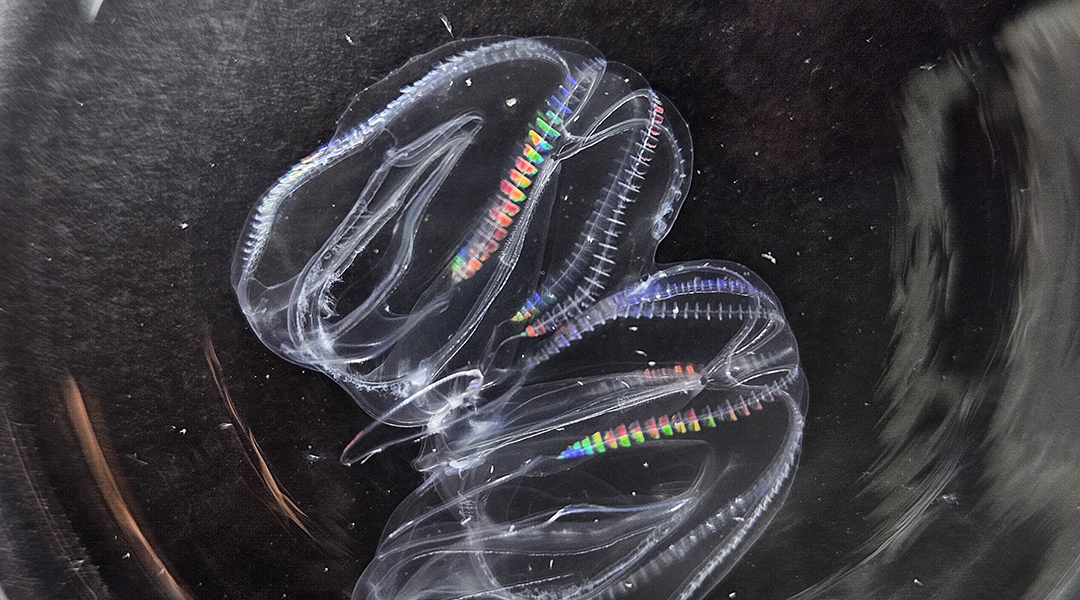
Fused comb jellies share their secrets of regeneration
Two individual comb jellies can fuse into a single organism, providing an incredible feat of regeneration rarely seen in the animal world.
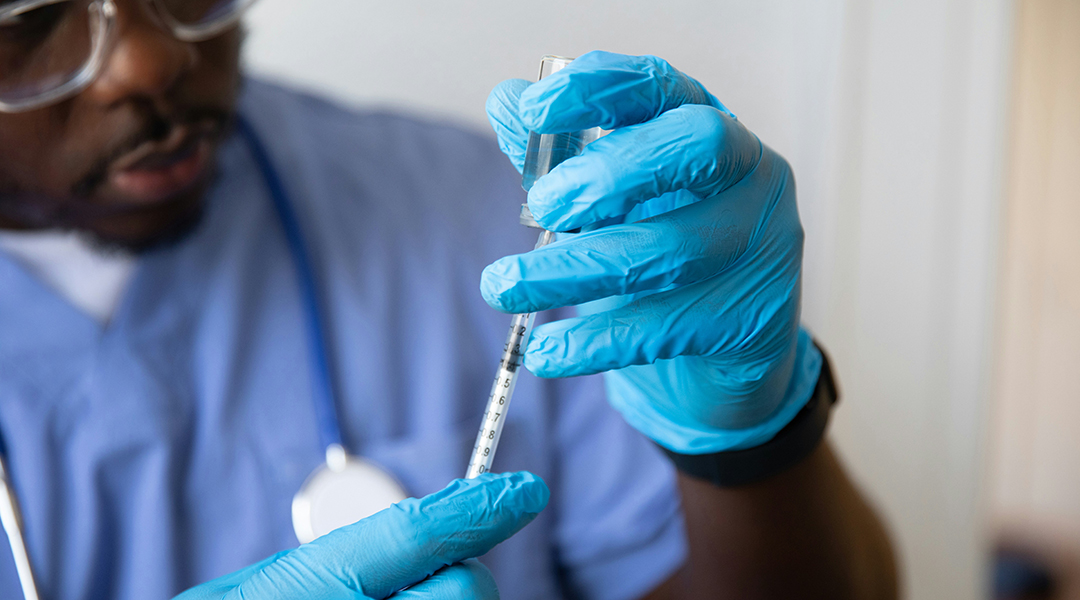
Enzymes help engineer safer, more effective vaccines
Researchers use enzymes to link antigens and adjuvants, creating safer and more effective vaccines by lowering the required adjuvant dosage.
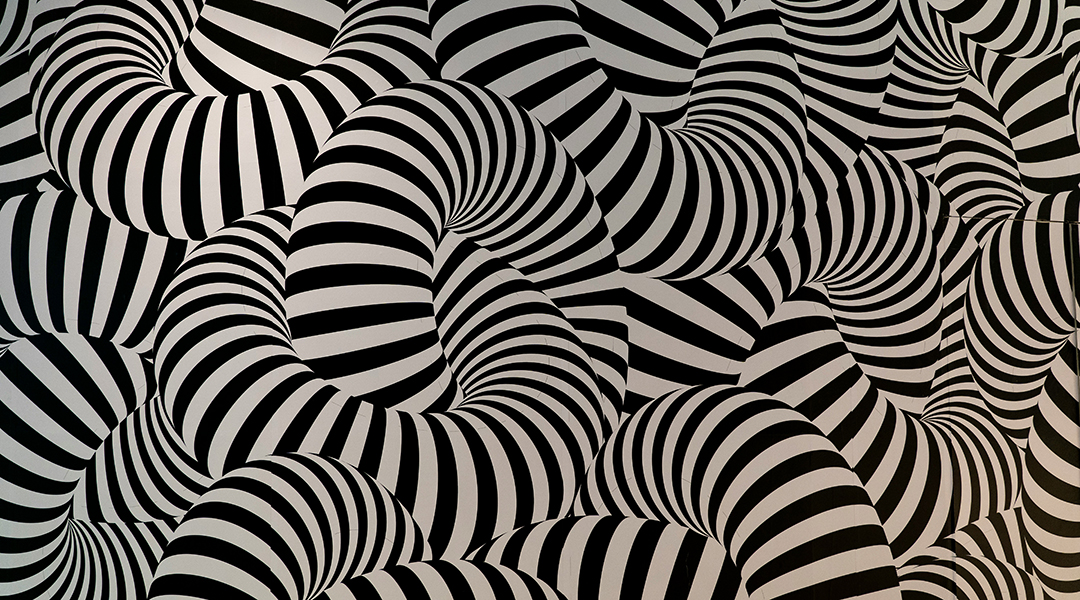
Molecules secreted by parasitic worms found to reduce scarring during wound healing
Researchers have discovered that a protein produced by parasitic worms in the gut enhances wound healing in mice.
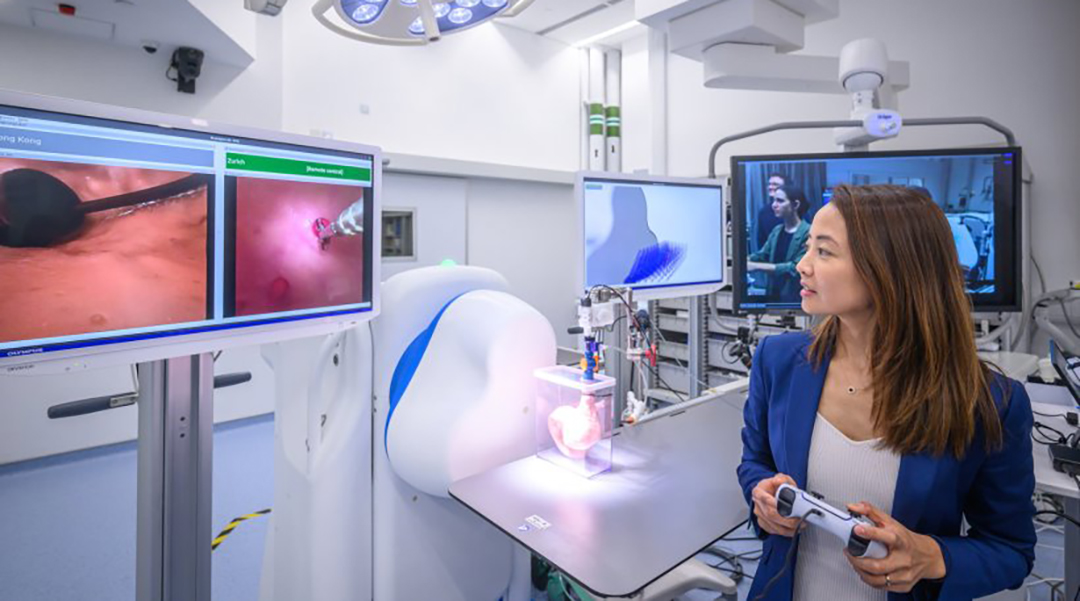
Remote-controlled robot is changing the game for endoscopes
A new teleoperated robot makes it possible to perform endoscopes remotely, making the procedure available in underserviced regions.
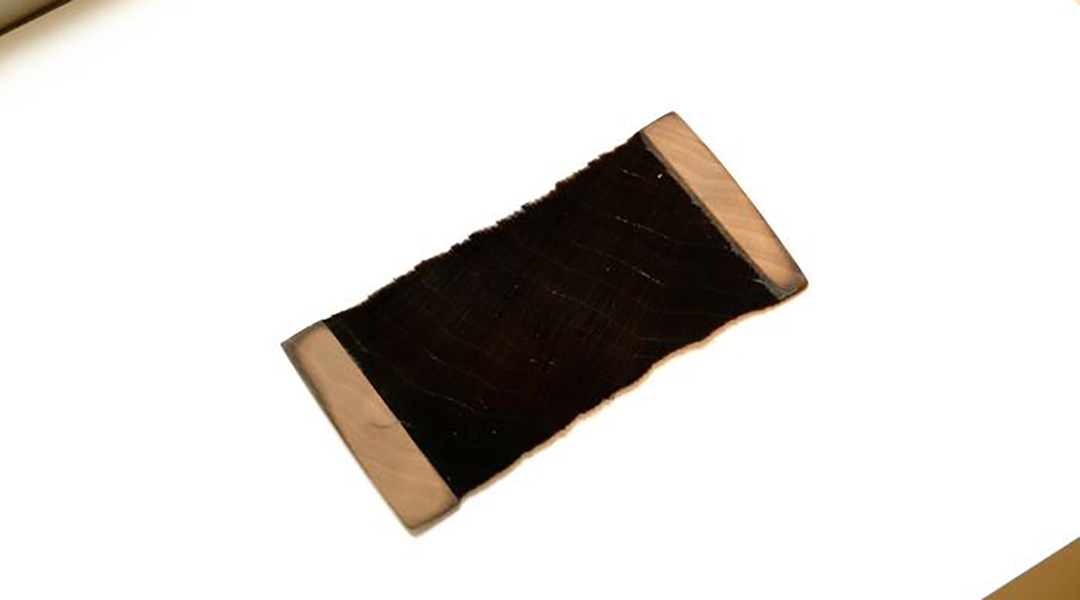
Super-black material created from etched wood
This material absorbs more than 99% of the light that strikes it, making it useful in applications ranging from solar energy to astronomy.
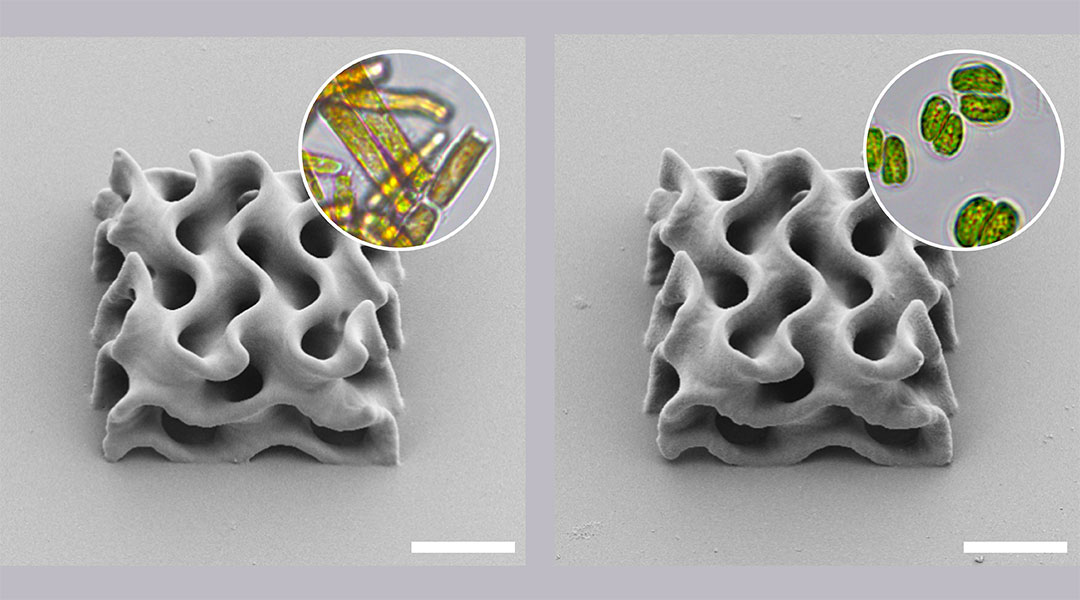
3D printing goes “green” with microalgae ink
A search for environmentally friendly inks led researchers to microalgae biofactories, providing a renewable biomass solution.
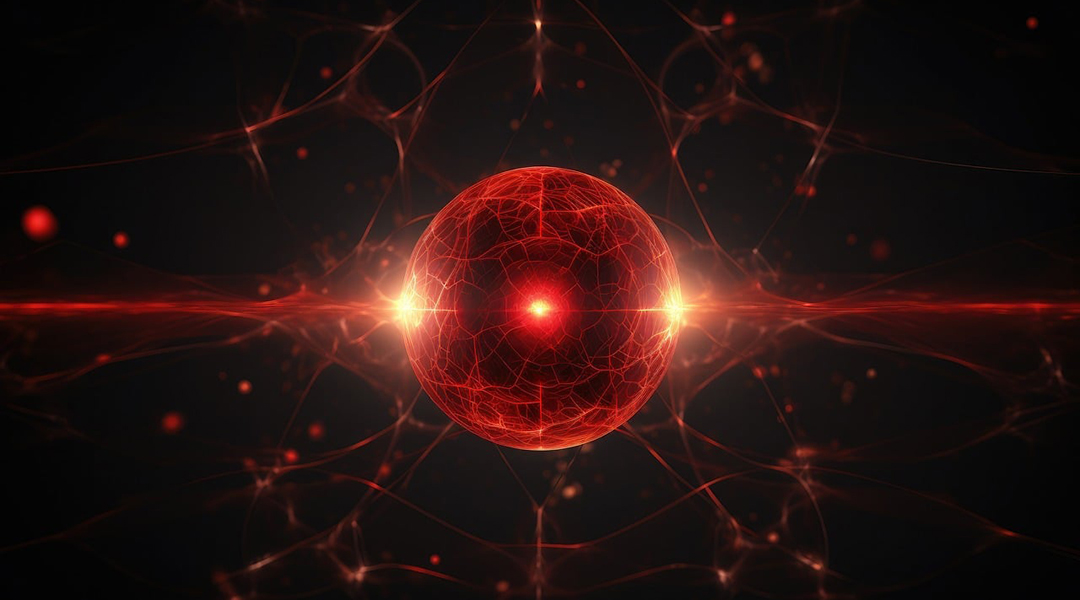
The next big thing in tech could come from these tiny light absorbers
When the light absorbers are made very small, almost all the device performance metrics improve—but doing this is easier said than done.

AI lie detectors lead people to make more false accusations, study finds
Participants with lie-detecting AI were more likely to trust it, more readily agreeing when it falsely labeled something a lie.
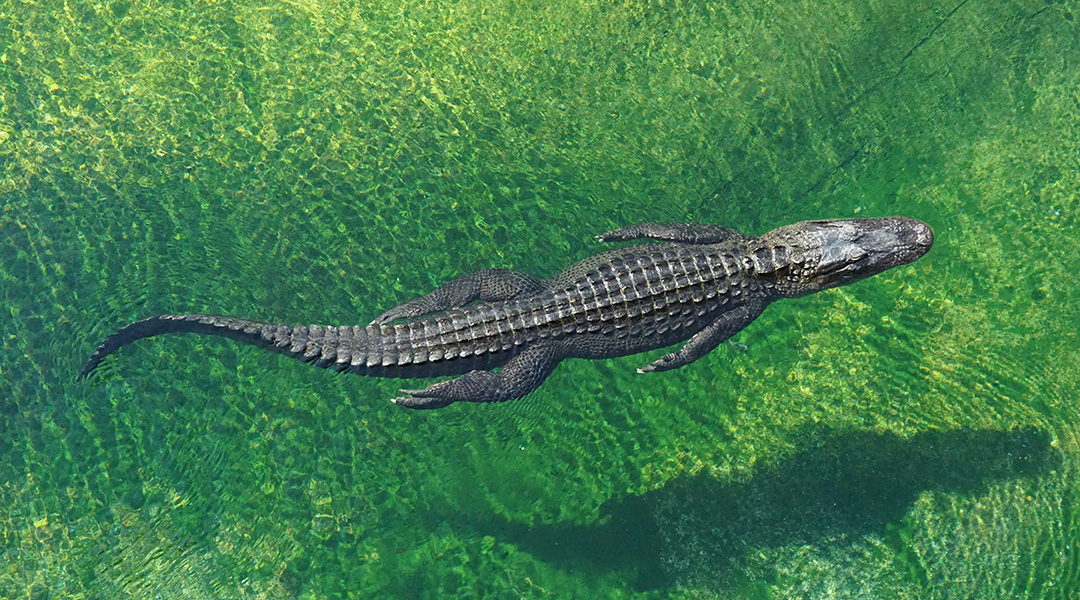
The decline of large river animals and the ecosystems now in peril
The decline of freshwater megafauna, including river dolphins, hippos, and crocodiles, is triggering significant consequences for ecosystems.
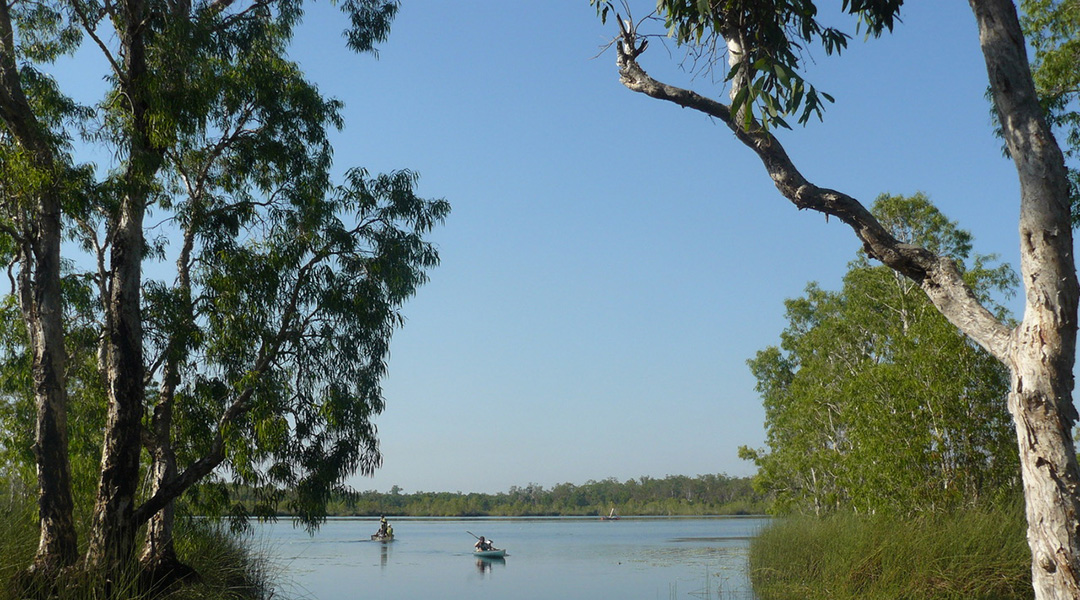
Indigenous fire management in Australia traced back 11,000 years
Abandoning traditional practices led to intense dry season fires, drastically altering biodiversity and increasing greenhouse gas emissions.
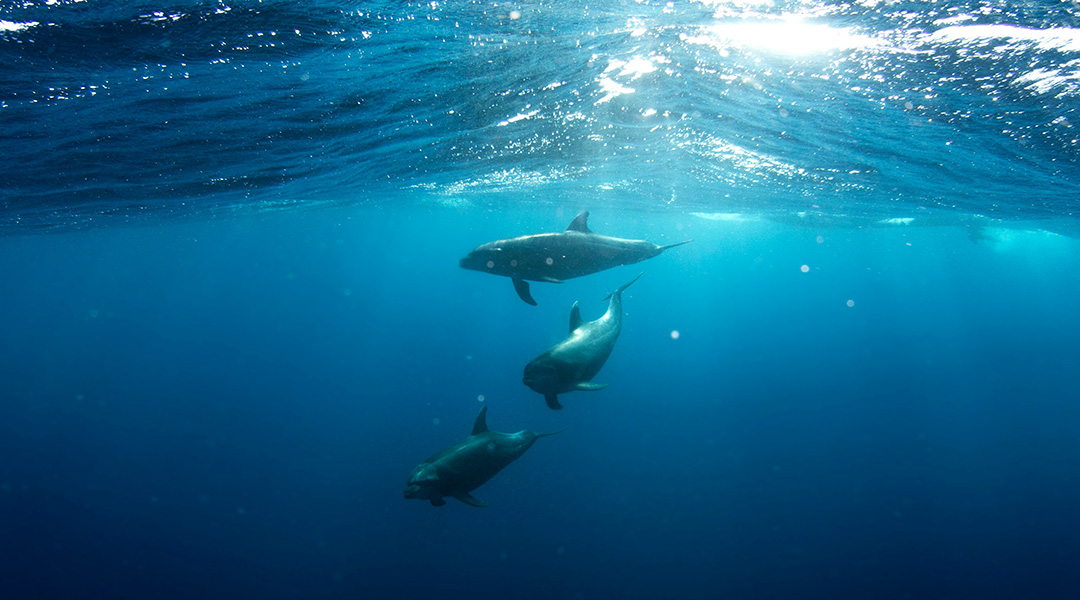
Invisible underwater robots
A transparent underwater robot camouflages itself to explore the ocean, reducing encounters with delicate sea life.
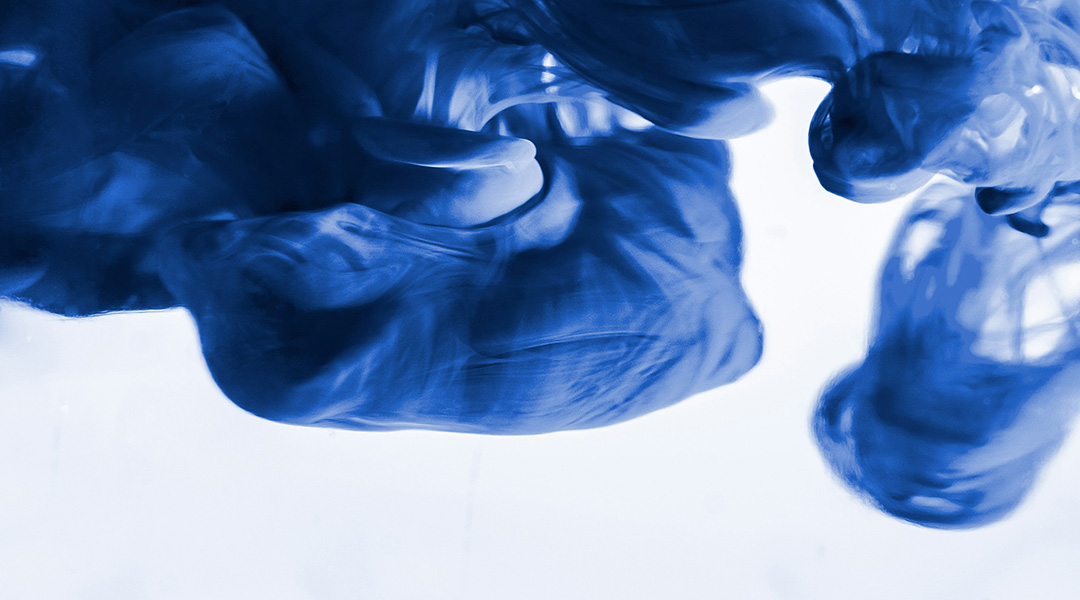
Cleaning up toxic dyes in wastewater with gold nanoparticles
Gold nanoparticle clusters boosted the efficiency of titanium dioxide in degrading a toxic dye called methyl orange.
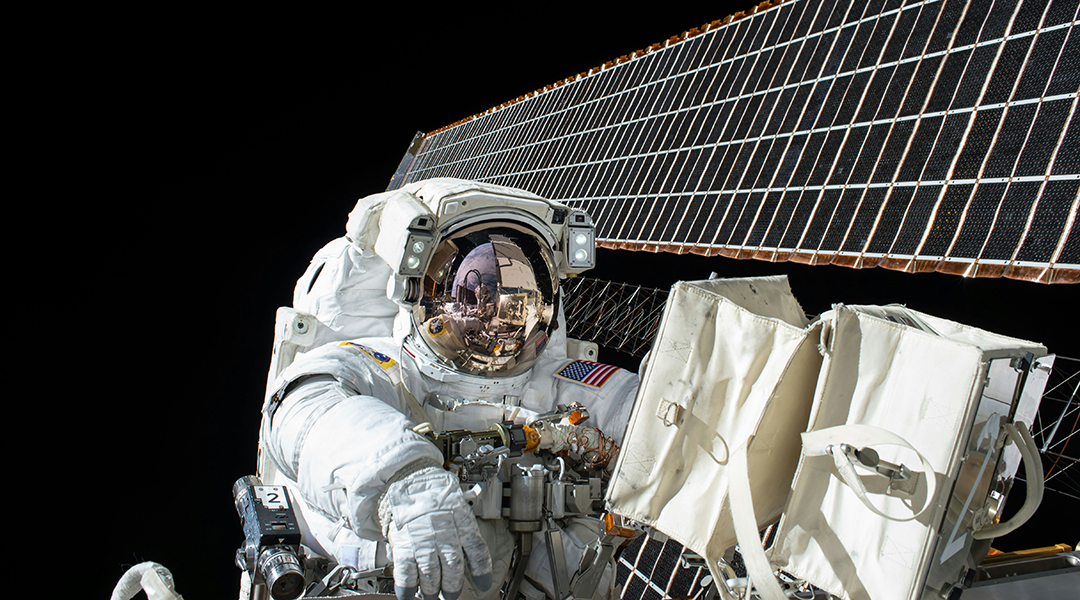
An organ-on-chip simulates the effects of cosmic radiation on astronauts
Future astronauts may be protected from galactic cosmic rays thanks to a novel organ-on-chip system containing interconnected human tissue.
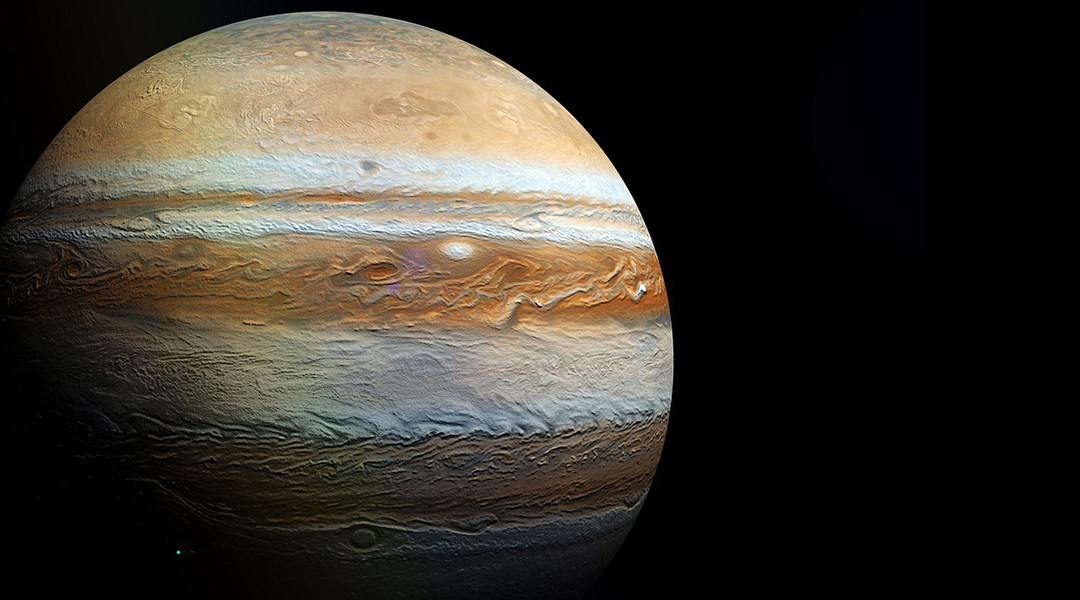
Dark matter could be lurking in Jupiter’s atmosphere
Astronomers propose that an infrared glow observed in Jupiter’s atmosphere may be dark matter particles colliding.

Galactic winds from black holes found to influence the evolution of galaxies
Astronomers have discovered that black holes trigger the formation of galactic winds that greatly influence star formation.
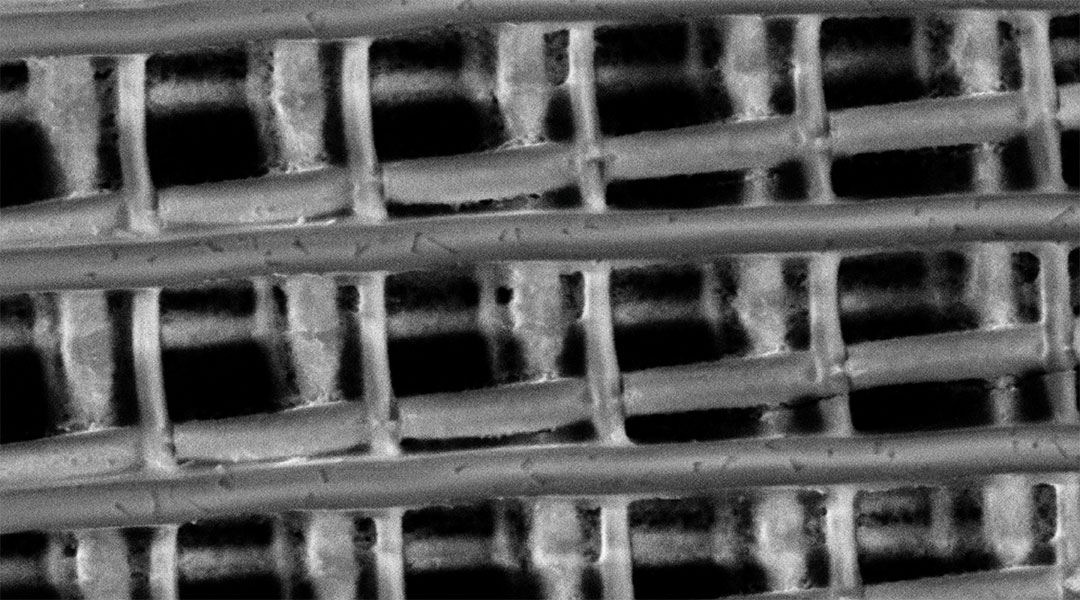
Scientists create the largest nonlinear photonic crystal to date
Their unprecedented control over light will lead to breakthroughs in telecommunications, medical imaging, and quantum computing.



